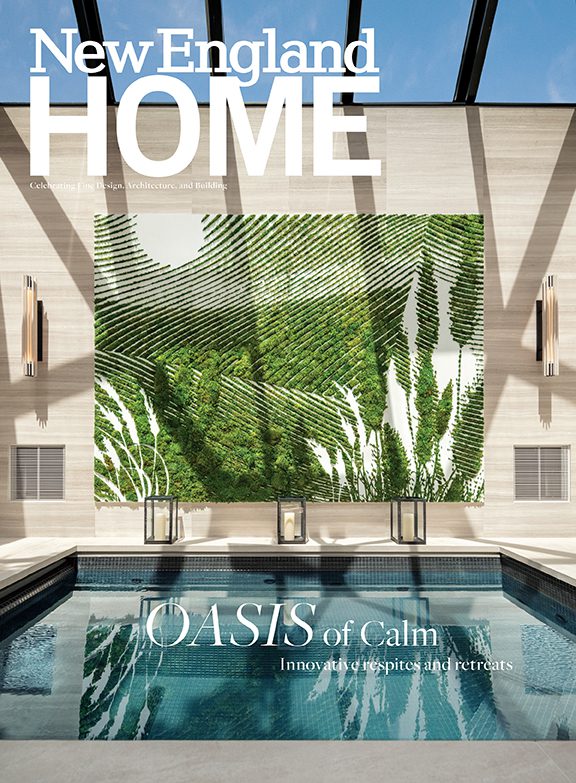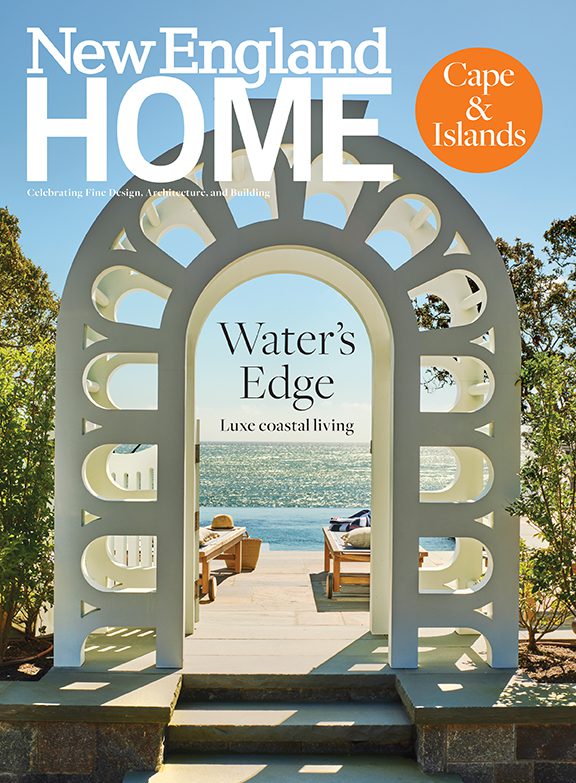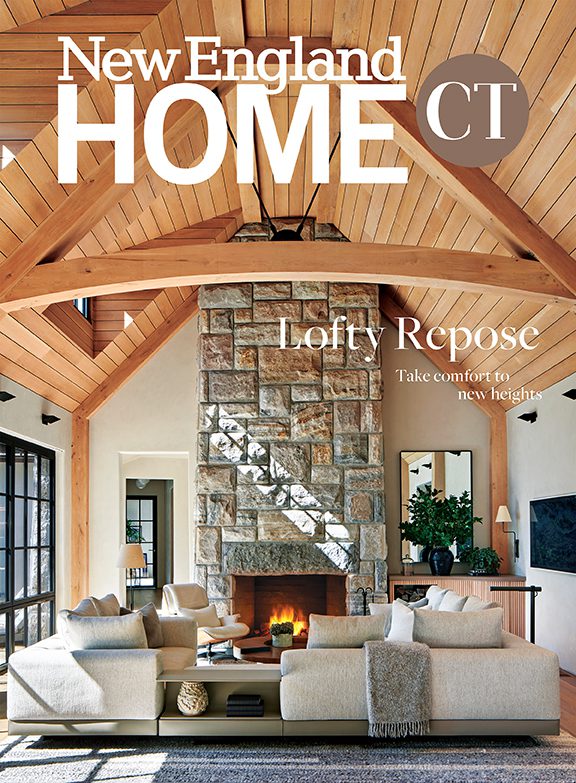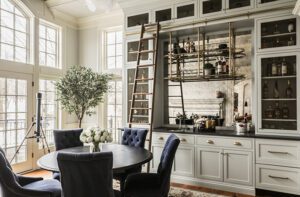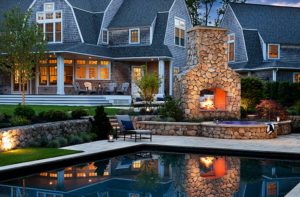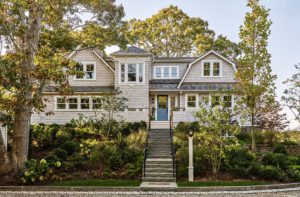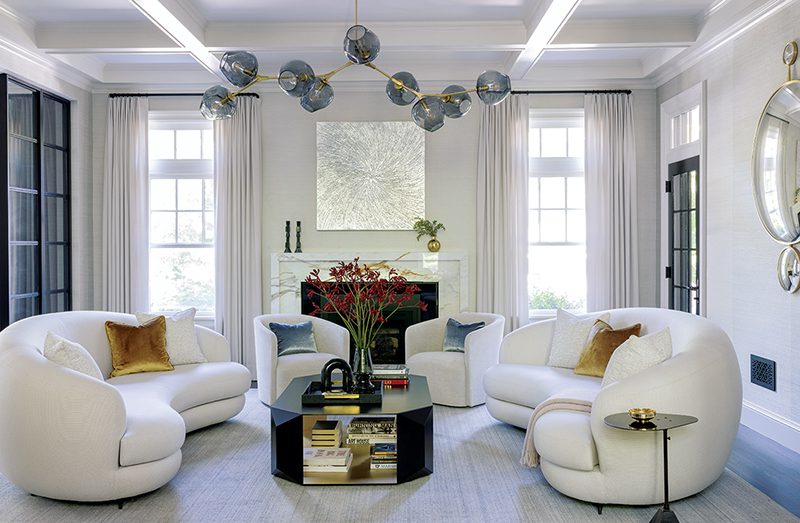Kate Kennen, Creative Director
October 29, 2009
Text by Kyle Hoepner Photography by Michael Fein
Kyle Hoepner: You've spent most of your life in gardening, haven't you?
Kate Kennen: Yes, I grew up on a nursery garden center in Paxton, Massachusetts. My dad owns garden centers called Pleasant View Nursery. Our house was right next to the greenhouses, so I literally lived there at the nursery. I intrinsically knew from the beginning that I wanted to be involved in the planting and garden side. It was sort of in the blood, as you can imagine. I got my degree in landscape architecture from Cornell, then worked for two years in Boston and got my registration as a licensed landscape architect. Then I went out to Aspen, Colorado, to work for a landscape architecture firm that focuses both on residential garden design and on ski resort garden design and large-scale planning. I came back to Harvard to get my graduate degree, and had my own practice for three years in Boston. When this opportunity came along with Winston, the idea to get back to plants, to the base where things had started for me, was really appealing.
KH: Do you find that there is anything particularly characteristic about how outdoor spaces or gardens are structured, or how people relate to them, in New England as opposed to, say, Aspen?
KK: Well, it's different because of climatic reasons. In Aspen, you have a winter season, and you have a summer season, and the two off-seasons—and they're literally off because no one's there, it's mud season. In New England you really have this enjoyment of all four seasons, and because it's warmer here, you can have a lot more different plant material that can survive. You can really transition all the way from spring, through summer into fall, into winter with an amazing array of textures and colors and feelings.
KH: In New England these days there's been a much bigger move back into urban areas—you're probably getting more courtyards, roof decks and terraces.
KK: We are. The difference between the urban and suburban environments is that idea of systems, what systems influence the urban project versus the suburban project. In a suburban project, the systems that would be important might be habitat and groundwater. In an urban context, heat mitigation might be more important. There are a lot of things that you can do in the design of those two different spaces, so they're not just some incredibly beautiful aesthetic spaces but they also work within their systems.
KH: Do you have any recent projects that illustrate this?
KK: Sure. I did a project in Wellesley Heights, a community that has a very pastoral English aesthetic. Instead of just copying the aesthetic of foundation plantings with grass and sod all around the house with a big pull-up driveway, we first took a look at the regional systems the house sat within. It was in a water conservation district, and the lot was at the bottom of a drainage area for the whole community. So we collected all of the storm water from the roof and from the existing properties in a cistern tank, and the cistern tank then recycles everything for irrigation, so it's able to return that hydrology back to the site.
KH: Although your position with Winston is as the creative director of garden design, it sounds like you're expanding out from the traditional landscape architect role.
KK: Absolutely. I see my role at as becoming a specialist in anything having to do with horticulture and plants and using them in landscape design that's unique, different than anywhere else. We're really trying to focus on that softscape, horticultural expertise that we feel is lacking in the industry. We're trying to fill this gap—being the someone you can come to who has plant expertise and can tell you what makes sense for that space, maybe work in a productive way and an aesthetic way, and be low-maintenance and fit in with the environment.
KH: Do you have any ideas for high-end homeowners around New England about how they might want to think about using their outdoor spaces.
KK: I was talking earlier about the four season gardening we can have in New England. A lot of people think of using their outdoor area for just one season, but there are lot of elements now, such as fire pits, that can extend that through the fall and even winter.
Share
![NEH-Logo_Black[1] NEH-Logo_Black[1]](https://www.nehomemag.com/wp-content/uploads/2022/08/NEH-Logo_Black1-300x162.jpg)
